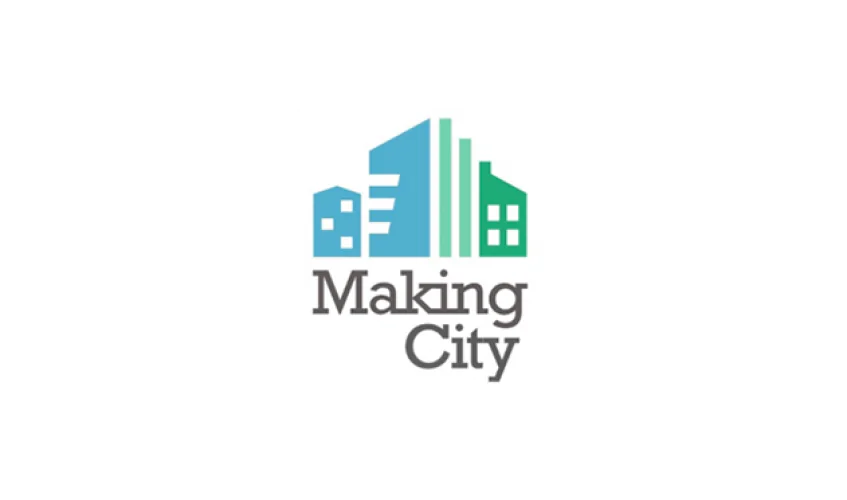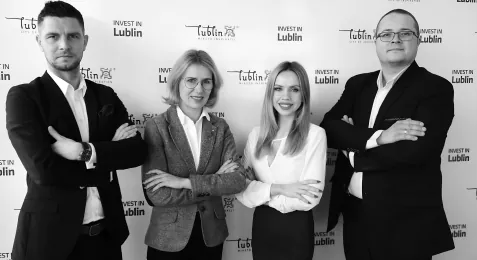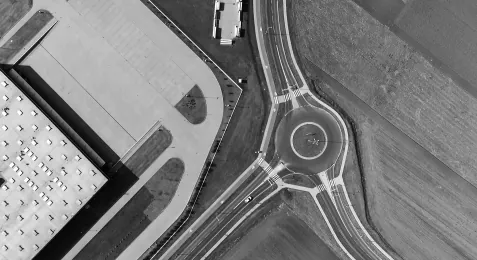Lublin Info Centre
European Project MAKING-CITY officially kicks off

Coordinated by CARTIF Technology Centre, the project involves 2 “lighthouse cities”, Groningen and Oulu, for the demonstration of their objectives. Both cities have been chosen due to their current work and commitment on energy transition, and the work with them will help others, our 6 “follower cities”: León (Spain), Bassano del Grappa (Italy), Kadiköy (Turkey), Poprad (Slovakia), Vidin (Bulgaria) and Lublin (Poland), to replicate the solutions proposed. The consortium is completed by representing key stakeholders within the value chain of smart cities: leading European research/academic institutions, large industries, SMEs, public bodies and specific exploitation expert partners.
MAKING-CITY enables a positive future for cities. Whatever their size is, cities are essential actors in fighting climate change. In 2016, the organisation’s “Deadline 2020” report indicated that cities alone can reduce 5% of the world’s global emissions, contributing to meet the COP 21 Paris Agreement, and in concert with other tiers of government and the private sector, they can potentially contribute to reduce 46%.
MAKING CITY will focus on achieving evidences about the actual potential of the PED approach. This approach will be the basis of high efficient and sustainable plan and will be used to implement an energy efficient pathway for the city transformation. In a context of the COP 24 and the 2015 Paris Agreement, MAKING CITY will provide a long-term vision (the “City Vision 2050”) making a considering change in the cities’ energy systems and organisational structure. The project will develop advanced procedures and methodologies based on the PED defined as SET Plan does: “A Positive Energy District is a district with annual net zero energy import and net zero CO2 emissions, working towards an annual local surplus production of renewable energy”.
Activities and results carried out in the MAKING CITY project would benefit to a lot of cities taking into consideration that nearly 9,000 cities from the six continents have already publicly pledged to participate in the Global Covenant of Mayors for Climate and Energy, an international coalition of cities and local governments sharing the same long-term vision of action to “combat climate change and move to a low emission, resilient society”.





